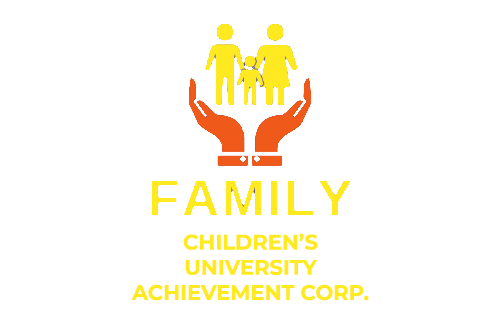
13
Oct 2022
Why Some Kids Struggle
Some kids have a learning disability that makes reading difficult to learn. Others come to school without the literacy experiences they need to become readers. Some children struggle because they've received poor or inadequate reading instruction. When these and other risk factors are identified early, though, many children's reading difficulties can be prevented.
8 reasons why kids might struggle with reading
- Difficulty recognizing the individual sounds in spoken words (phonemes). The ability to recognize and play with speech sounds is called phonemic awareness.
- Difficulty sounding out written words (decoding) and recognizing familiar word parts.
- Difficulty understanding what is being read. Limited vocabulary and background knowledge contribute to lower levels of reading comprehension.
- Limited English language skills.
- Limited experience with print and books.
- Difficulty developing and maintaining the motivation to read.
- Whole-class reading instruction that is not evidence-based, explicit, and systematic.
- Instruction that doesn’t meet an individual child’s needs. For example, a child with dyslexia may need additionalstep-by-step explicit instruction, provided in a carefully planned sequence.
See also:
Being at risk doesn’t mean that a child is destined to struggle with reading, but it does indicate that they may need especially close monitoring and early intervention to prevent ongoing reading difficulties. That’s where involved parents and good teachers come in!
I’m worried about my child’s reading — what do I do?
This video is provided by Read Charlotte.
Why is reading so hard?
“Why can my child speak so well, but struggle with learning to read? Why is reading so hard?” Those are questions asked by many parents of kids with reading issues. Hear from literacy expert Margie Gillis, Ed.D, on how the brain changes when we learn to read, and why those changes may happen more slowly in some kids than others. (From Understood)
Reading Rockets
